Scholar Spotlight - Andrew Edginton
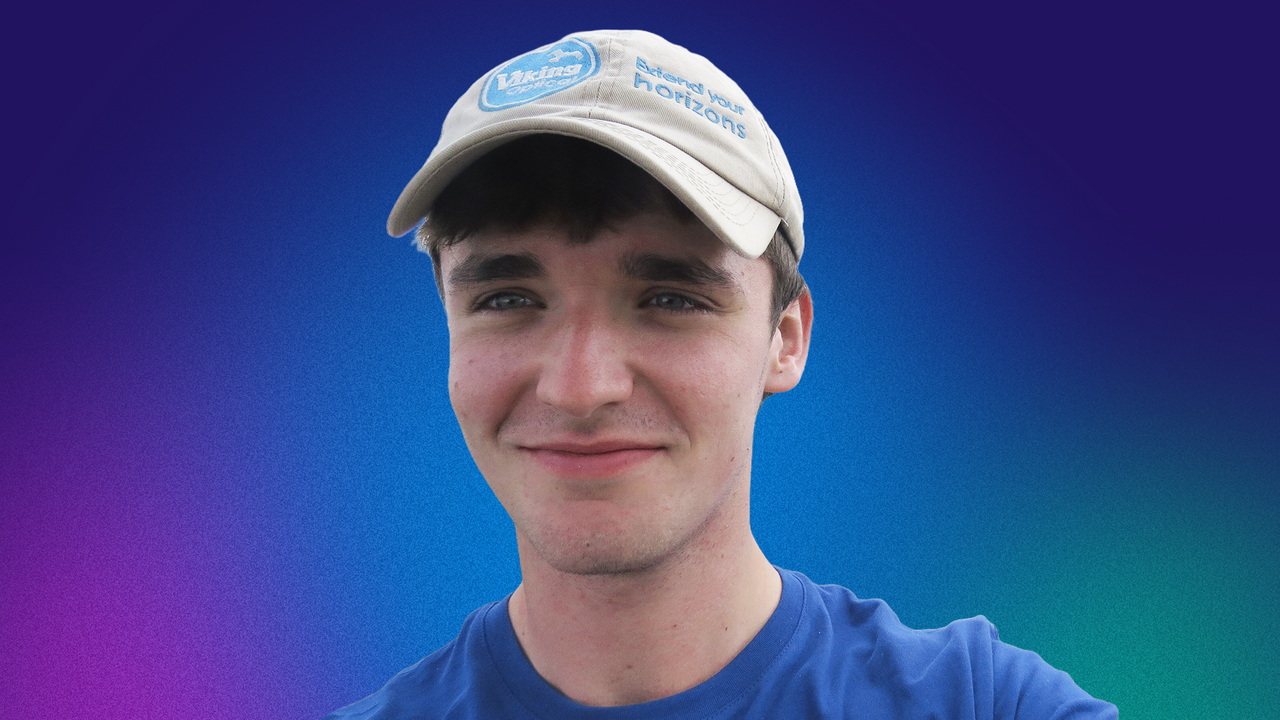
Discover more Scholar Spotlights.
Andrew Edginton, a Laidlaw Scholar at the University of St Andrews, on reconstructing the history of volcanic forcing of climate from polar ice cores
Research Title:
Reconstructing the History of Volcanic Forcing of Climate from Polar Ice Cores
Volcanic eruptions have caused the largest natural changes in climate over the last millennium. Released sulfate aerosols have a major cooling effect on global climate due to reflecting incoming sunlight. The impact of the eruption on the climate is dependent on when the eruption occurred during the year because of seasonal differences in the distribution of incoming solar radiation. During the last 2000 years, over 200 major volcanic eruptions have occurred which are recorded as sulfate peaks in polar ice cores. Over 90% of volcanic eruptions are unidentified and given an arbitrary January 1st eruption date. This information is used in state-of-the-art climate models, generating a major uncertainty in the modern scientific world.
In my project, I used information taken from ice cores in Greenland to improve a computer model that systematically calculates the season of the unknown eruptions. The ice cores contain small air bubbles that capture a snapshot of past climates. The deeper the core the older the ice. Aerosol concentrations vary seasonally and their maximum concentration is recorded as an annual peak in ice cores. This method uses snow data sampled from 2003 to 2013 to determine the seasonality of aerosol concentrations . The seasonality is assumed to be constant over the past 2000 years so this can be used to calculate the eruption season of the volcano by comparing aerosol and sulfur concentration peaks within the ice core.
My work improved the code by enhancing its legibility, laying the foundation for more accessible future research. I reduced noisy outputs that previously obscured the underlying data and applied smoothing techniques to reveal periodicity and trends. These contributions represent a significant advancement in enhancing the accuracy of volcanic eruption data.
Where did your passion for this research originate?
My passion for research stems from a love of the natural world. Growing up in Southeast England, near the closest point to France, I witnessed many rare migratory birds which sparked my fascination with wildlife and, furthermore, a deep care for the environment. My first research project was a school literature review on sexual dimorphism in the Eurasian Sparrowhawk, ambush predators showing some of the greatest size differences between sexes in birds. I combined in-depth biology research with basic surveys, and I by the end of the project I could answer many of the questions I began with. Since then, my interest has broadened to environmental conservation, driven by the urgency of protecting species and ecosystems under threat, and a desire to use research to contribute to solutions for our changing planet.
At university, my curiosity for wildlife continued, but I also sought a new challenge: geology. I love that geology is a science built on unanswered questions, offering the chance to contribute to discoveries that may one day satisfy someone else’s curiosity. I have always dreamed of seeing a volcano, so any opportunity to work on volcanology excited me. When I learned about the significant uncertainty in the timing of historical volcanic eruptions and its impact on climate modelling, I jumped at the chance to get involved. This project brought together everything I love about science: my passion for environmental conservation, the thrill of exploring unanswered questions, and, of course, volcanoes.
What is the most memorable moment from your Laidlaw scholarship experience so far?
During my LiA summer, I worked with an NGO called Attraction Birds Conservation (ABC) near Arusha, whose mission is to promote environmental education and bird conservation while supporting young people. My role initially focused on teaching, but I quickly realized the program lacked structure and long-term financial stability.
After six weeks of creating lesson plans, developing a syllabus, and seeking funding in any way I could, everything was going well except for the funding. Eventually, I organized a meeting with a safari company to explore potential collaboration. Traveling two hours via Dala dala and boda-boda, I was welcomed by the company owner, and by the end of our conversation, he committed to starting a bird-focused safari initiative that would employ ABC members as guides, providing financial stability to the NGO.
That moment where I saw my efforts translate into a long-term solution for conservation and local livelihood made all the challenges worthwhile. It was incredibly fulfilling to know that my work would directly support the amazing people I met in Tanzania and help protect the beautiful wildlife under threat. For me, this was the highlight of my Laidlaw experience: creating meaningful, lasting impact through leadership and action.
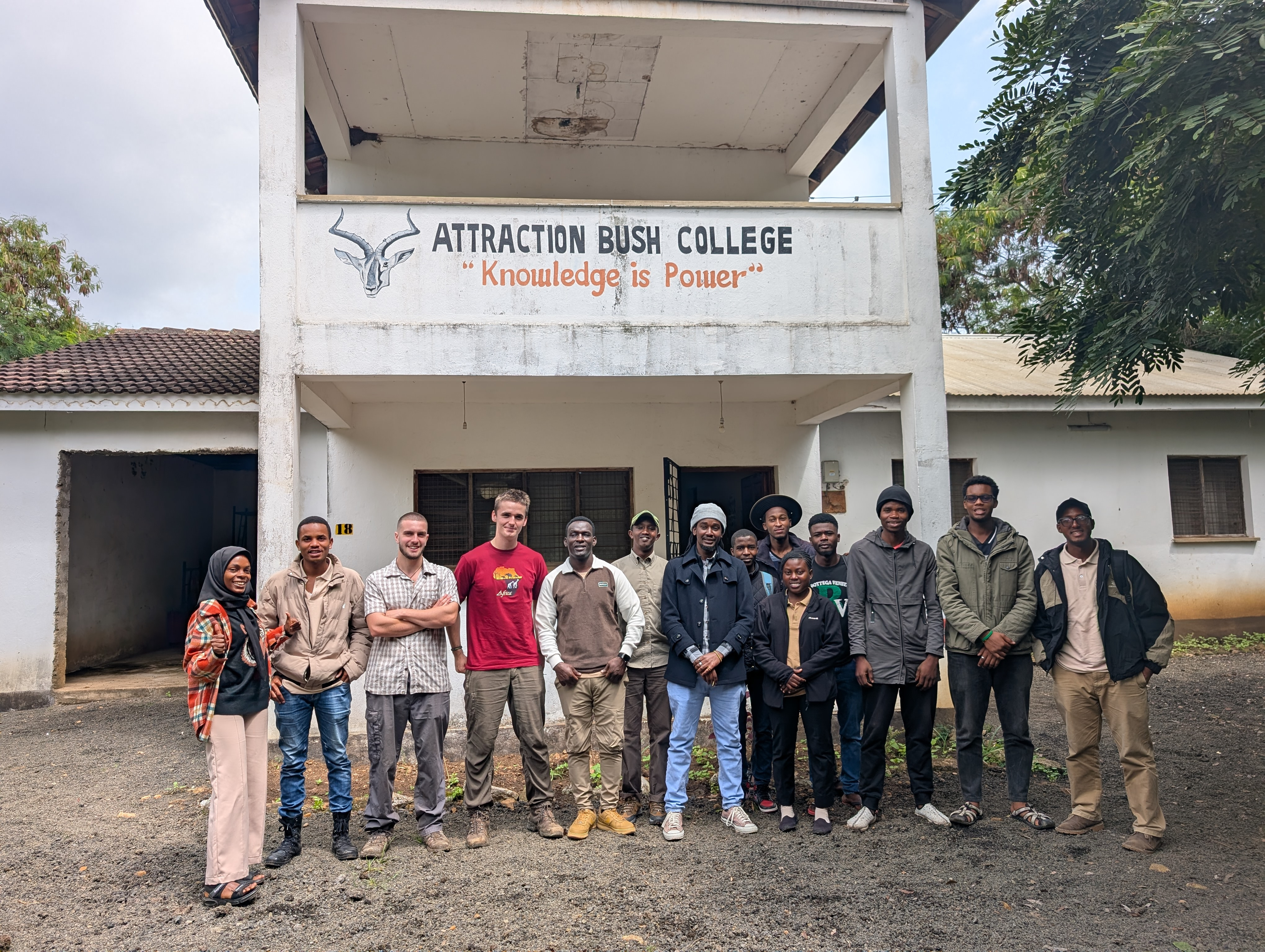
What is the biggest challenge you came across in your research and leadership journeys so far, and what did you learn from it?
The biggest challenge I faced was the uncertainty of knowing what actions I could take when the work I did felt more like a step backward than forward. This happened during both summers. My research project was linear, meaning that once I hit a problem, I had to solve it before moving on. Often this is the case with coding and it meant I spent days or even weeks stuck on a small issue that blocked further progress. During my LiA summer, I particularly struggled to find a financial solution to the NGO’s problem. I messaged every company I could, looked into every possible solution and funding application with no success until the very end. I learned that, despite the pressure I put on myself, it is important to take breaks, and more importantly, to remember that the work you achieve will inevitably help in some way—often more than you realize. Even if you don’t find the solution, you gain an understanding of what doesn’t work, which is equally valuable. What matters is leaving your work open and accessible so that someone else can continue it.
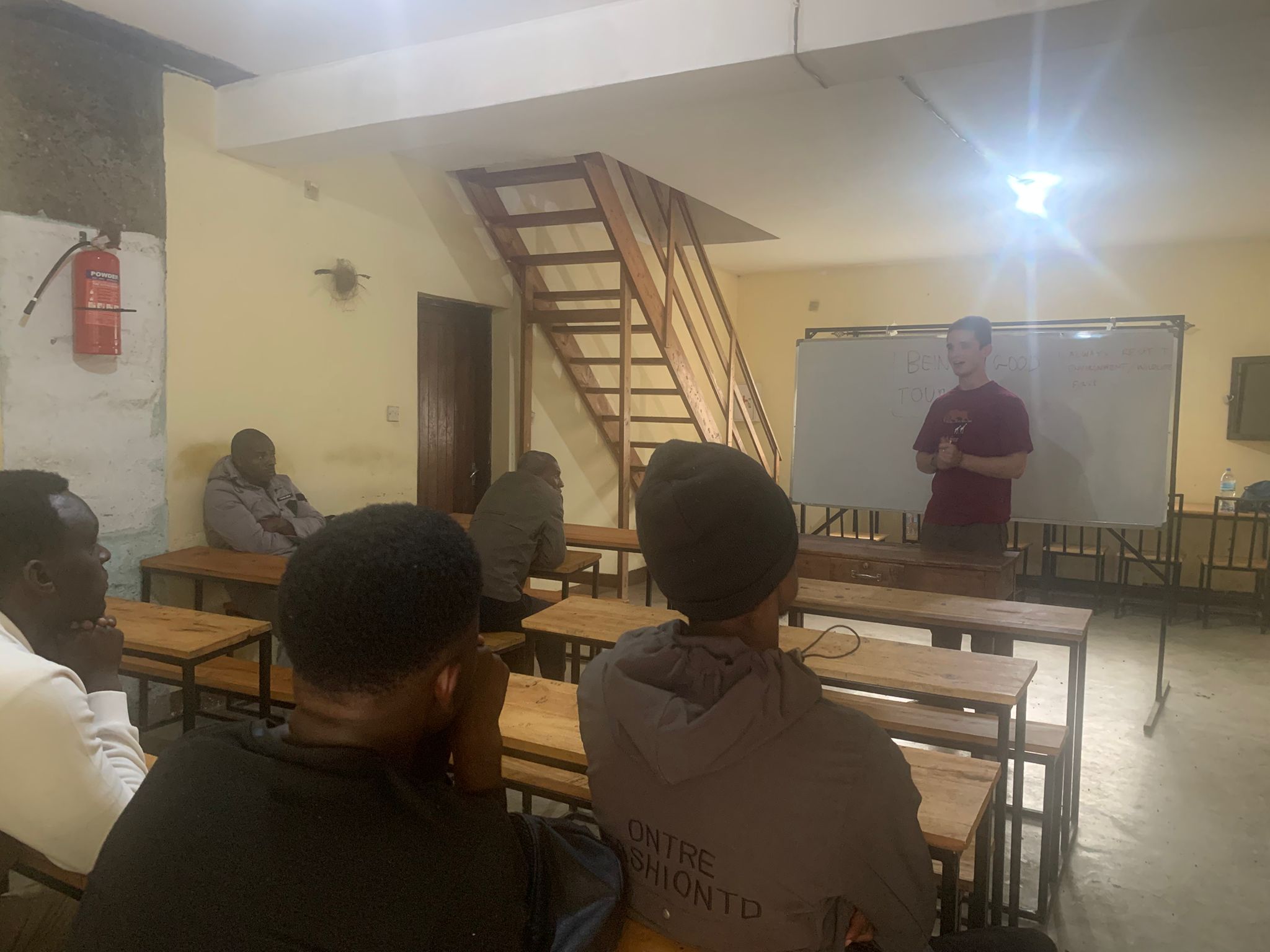
What does it mean for you to be a Laidlaw Scholar?
Becoming a Laidlaw Scholar was something I didn’t truly appreciate until recently. I didn’t fully believe or understand what it meant to be taught as a “leader” or to be part of the “future generation.” But as I progressed through the scholarship, I began to recognize the opportunities it gave me. I found a new community within my university and, through the online sessions, connected with like-minded people across the globe. I faced challenges I never imagined—such as teaching science in Tanzania. I completed two projects supporting environmental conservation in completely different ways, both of which I am extremely proud of. Most importantly, I developed a stronger belief in myself and my ability to achieve what I set my mind to. Without realizing it, I became what the program set out to create, which was a pleasant surprise.
Which particular leaders inspire you the most and why?
The person who inspires me most today is Hasan Adam, or “Dilenga,” who I worked with during my LiA summer in Tanzania. He was leading ABC during my time there. I take inspiration from him because of his exceptional kindness, which extended not just to me but to everyone he interacted with. Dilenga oversaw the college where I taught, maintained contact with other NGOs, acted as a father figure to the people I lived with, managed the NGO, and still made time to answer any questions I had. What inspired me most was that he always did everything with a smile and treated others with respect, even when he was clearly tired or under pressure. I was especially moved when I learned more about the NGO’s work: taking people off the streets and giving them an education and awareness of the environment, even covering fees or transport costs when students couldn’t afford them. During my time there, I saw how deeply every student respected him, and his leadership style is one I strive to emulate.
Briefly describe a scene from the future you are striving to create.
In the future, I envision the work I began during my LiA reaching its full potential. Attraction Birds Conservation (ABC) will be a financially stable NGO, partnering with safari companies to demonstrate how tourism can balance conservation with community development. Their programs will continue to empower young people in Tanzania (many of whom earn less than 3 euros a day) by giving them the skills and confidence to secure lasting employment as safari guides, educators, and conservation leaders. ABC will remain a place where disadvantaged individuals are welcomed, taught English, trained in bird conservation, and supported even if they cannot afford fees or transport. Crucially, it will also stand at the forefront of tackling climate change, showing how local communities can adapt livelihoods while protecting biodiversity. I see ABC as an example of how addressing poverty, conservation, and climate resilience together can create lasting impact.
Quick-fire Questions
📺 Currently Binging:
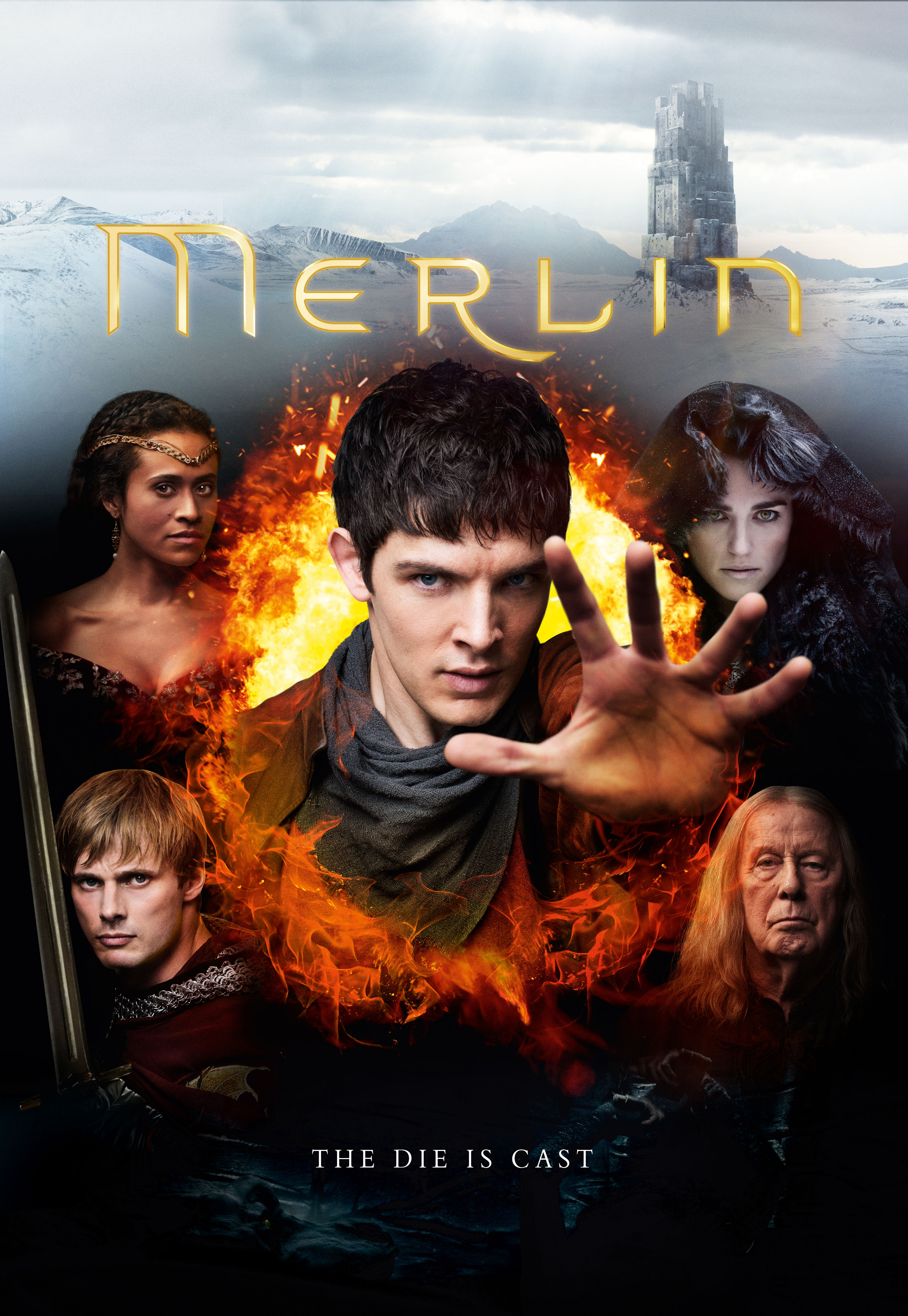
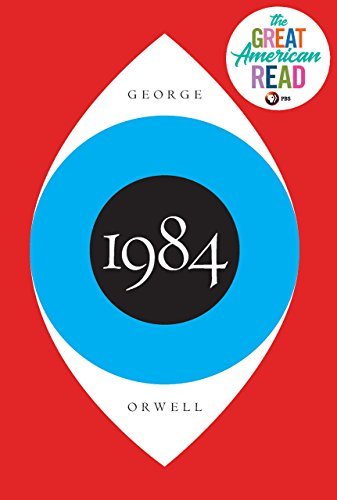
The Life Scientific - Jim Al-Khalili
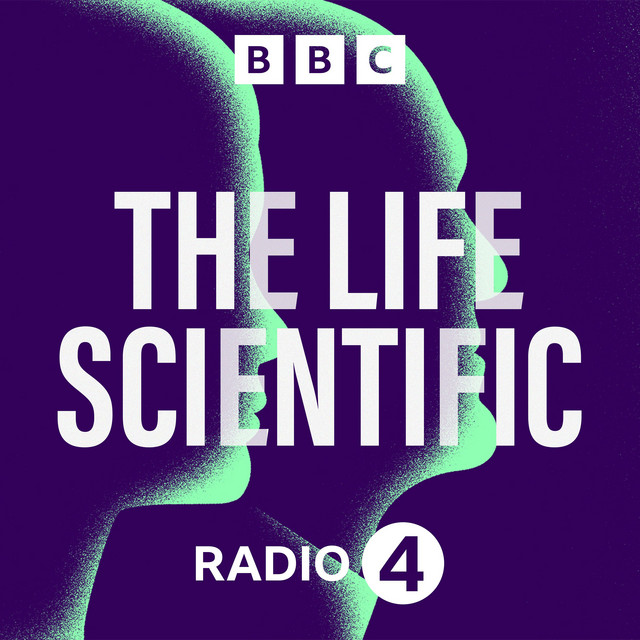
🌈 Something that made me feel joy recently:
Swimming in the sea!
A message from Andrew:
During my LiA summer in Tanzania, I had the privilege of working with Attraction Birds Conservation (ABC), an NGO doing incredible work in wildlife conservation and community engagement. It was an unforgettable experience: I witnessed wildlife that felt unreal, immersed myself in a culture very different from my own, and, most importantly, contributed to meaningful projects with the NGO.
What stood out to me was how tangible the impact of the work was: you could truly see the difference being made. ABC is an organisation that would greatly benefit from continued support, and I believe future Laidlaw Scholars could build on the work I began there while gaining an equally rewarding experience themselves.
If you’d like to learn more or get in touch with them (abirdingclub@gmail.com), feel free to email me or visit their Facebook page (https://www.facebook.com/birding4life/).
Here is some more information about ABC.
Their main goal is to enable the current generation to benefit from the biodiversity Tanzania offers without compromising future generations. They strive to make Tanzania the world's best bird and environmental conservation spot.
To achieve this, they encourage the youth in Tanzania in bird conservation and afforestation by providing environmental education and awareness. This organisation is committed to fostering environmental conservation, community development, and youth empowerment through various impactful programs and objectives. They aim to provide theoretical and practical training in bird identification and conservation, promoting awareness of bird species, their habitats, and the importance of preserving them. This is complemented by efforts to encourage tree planting and forest protection in collaboration with local communities. A key focus is evaluating and protecting endangered bird species in Tanzania, supporting sustainable biodiversity conservation. They also strive to influence environmental laws by working with stakeholders to advocate for effective policy implementation, raising community awareness, and advising the government on sustainable practices. The organisation prioritises empowering women, girls, and elders through language and computer training programs. These initiatives equip participants with essential skills for employment opportunities such as tourism, hospitality, and beyond. Special emphasis is placed on encouraging young women to become professional field guides, fostering gender equality in tourism. Youth self-awareness programs are conducted in schools and colleges to inspire young individuals to recognise their potential and contribute meaningfully to society. Their approach emphasises participatory initiatives and innovative solutions, ensuring community involvement for long-term sustainability in addressing environmental and social challenges.
If you want to learn more about Andrew's work, explore his research here and follow him on LinkedIn. Andrew is a Laidlaw Undergraduate Leadership and Research Scholar at @University of St Andrews. Become a Laidlaw Scholar to conduct a research project of your choice, develop your leadership skills, and join a global community of changemakers from world-leading universities.
Find out more about the Laidlaw Scholars Undergraduate Leadership and Research Programme.
🔦 Discover more Scholar Spotlights:
⚡️ Anuj (AJ) Manchanda, a Laidlaw Scholar at the University of Toronto, delves into how Environmental CSR initiatives shape consumer choices.
⚡️ Sebastian Glasper, a Laidlaw Scholar at the University of Leeds, explores social media’s role in mitigating loneliness among older adults.
⚡️ Sophia Waseem Khan, a Laidlaw Scholar at Durham University, champions sustainable agriculture through innovative ion recovery.
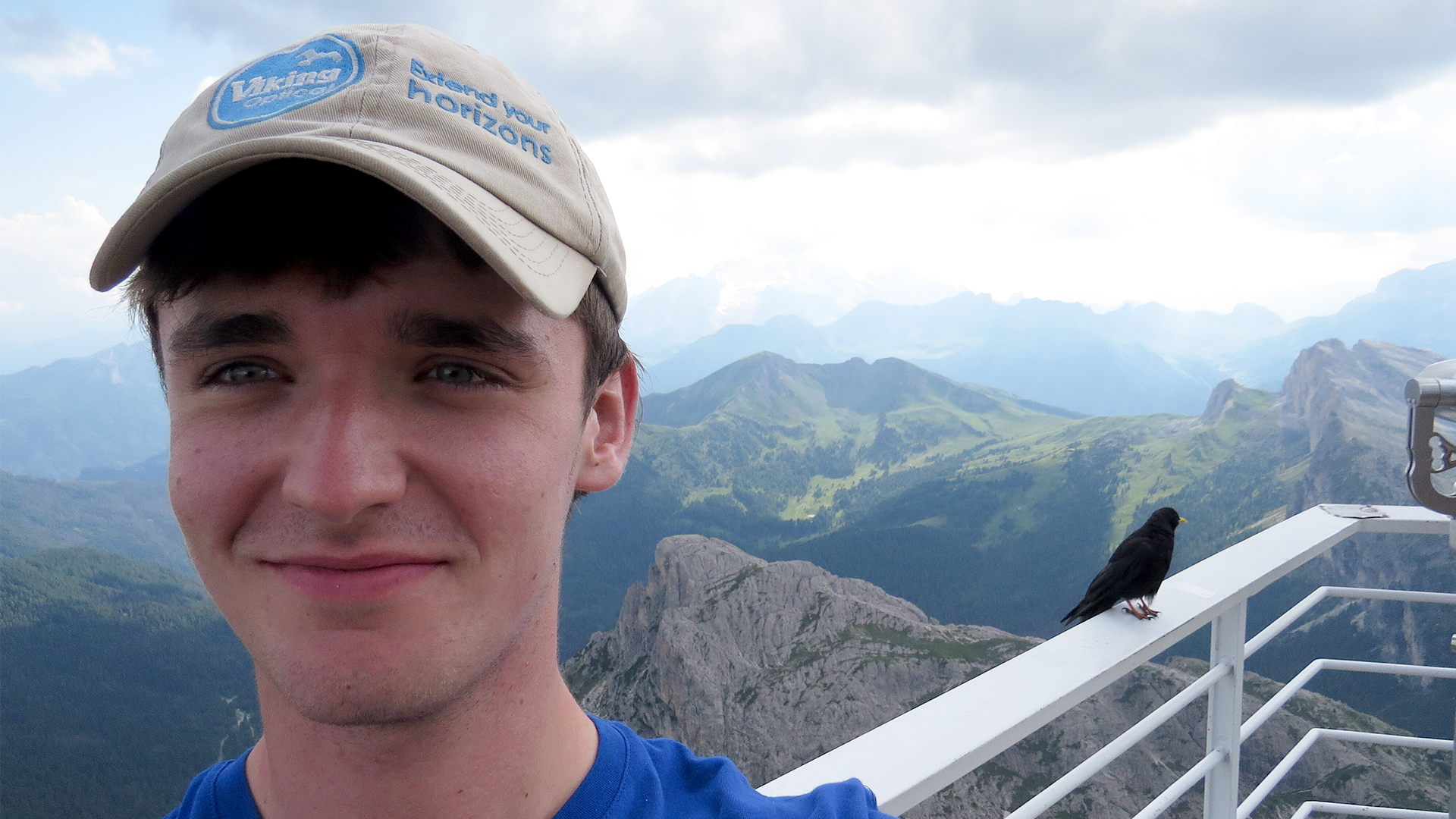
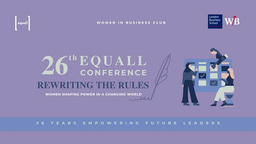



Please sign in
If you are a registered user on Laidlaw Scholars Network, please sign in